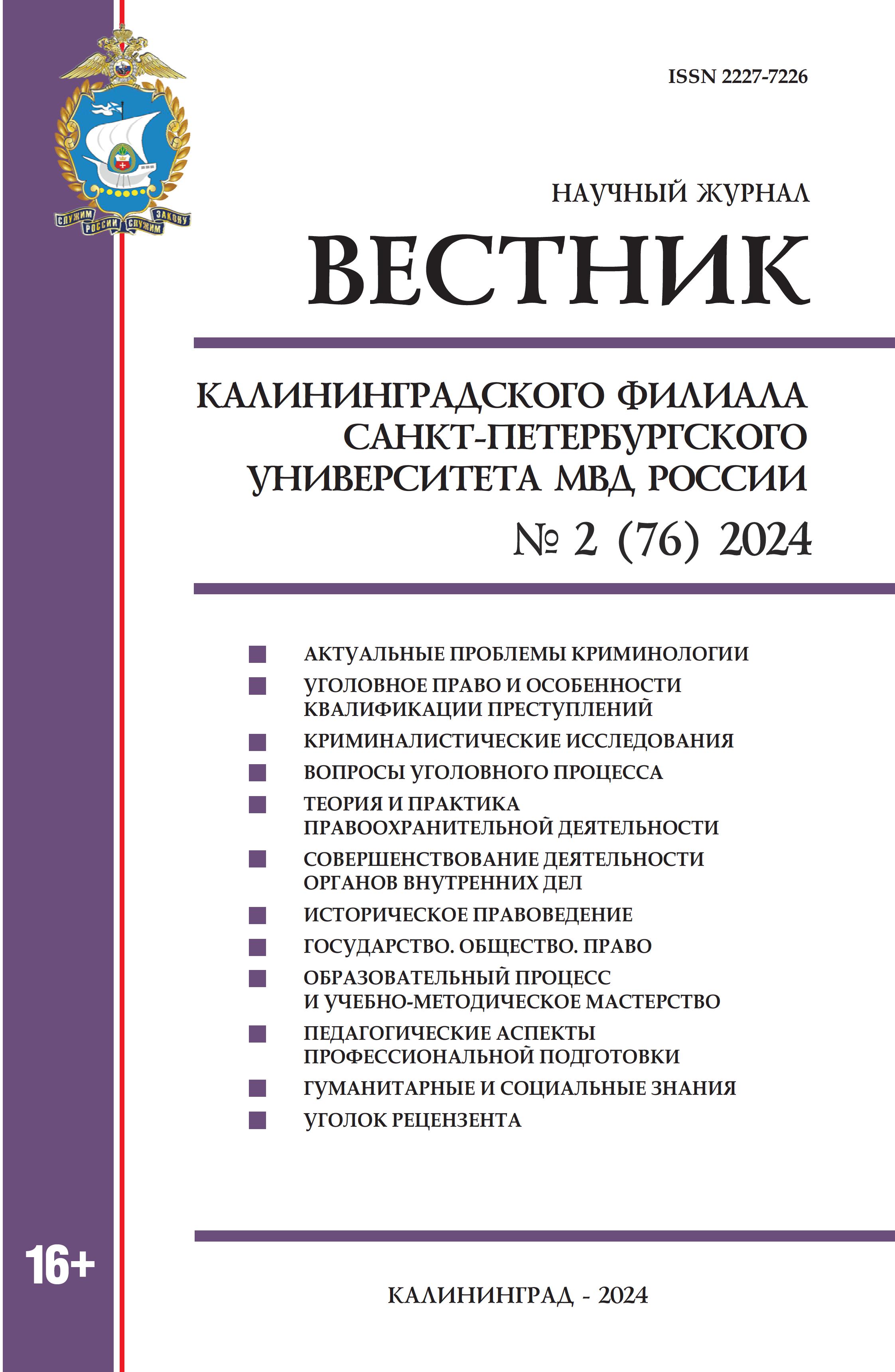Rostov-on-Don, Rostov-on-Don, Russian Federation
Introduction. The comparative legal method is one of the most popular research methods in legal science. It can be used at the macro level (when it is necessary to compare the legal systems as a whole of two or more countries) or at the micro level (to compare branches of law, institutions and individual legal norms). The use of this research method allows us to identify trends and prospects for the development of legal processes and phenomena, prove the effectiveness of certain legal regulations, and justify the possibility of their use in national legal systems. Currently, there is a need to consider the features of legal regulation of environmental protection in countries, on the one hand, close in terms of the legal heritage of the previous – Soviet – era, and on the other hand, having their own achievements in environmental protection activities, valuable experience, which can be used to improve legislation. A comparison of environmental legal institutions of the Russian Federation and the Kyrgyz Republic allows us to solve an important research problem: to identify trends and patterns of environmental legal regulation in two related (in terms of the focus of environmental protection work) countries. Solving this problem allows us to consider the possibilities of using the experience accumulated by these countries, including for improving environmental legislation. Methods. When conducting the research, the results of which are presented in the article, various methods of scientific knowledge were used: dialectical, method of system analysis, comparative legal method. The materials for the study were environmental legal acts of the Russian Federation and the Kyrgyz Republic regulating relations in the field of environmental protection, as well as scientific works on comparative law and the application of environmental legislation in the Russian Federation and the Kyrgyz Republic. Results. The authors of the article compared the basic institutions of environmental law presented in two framework laws of the Russian Federation and the Kyrgyz Republic. Based on the results of the analysis, it was concluded that many norms of the laws of the two countries completely or partially coincide (in terms of the content of environmental rights and obligations, the names of environmental management functions, regulation of environmental education and awareness), which can be explained by the common (Soviet) roots of the legal doctrine and legislation. At the same time, each of these countries has very interesting legal solutions that require study and can be successfully implemented in another country. These include the inclusion of climate in the list of objects of environmental and legal protection, the determination of the legal regime of environmentally unfavorable territories (Kyrgyz Republic); requirements for certain types of activities, environmental management functions, compensation for environmental damage (Russian Federation).
Environmental legislation, law, legal institution, comparative research method, environment, Russian Federation, Kyrgyz Republic, law, science.








